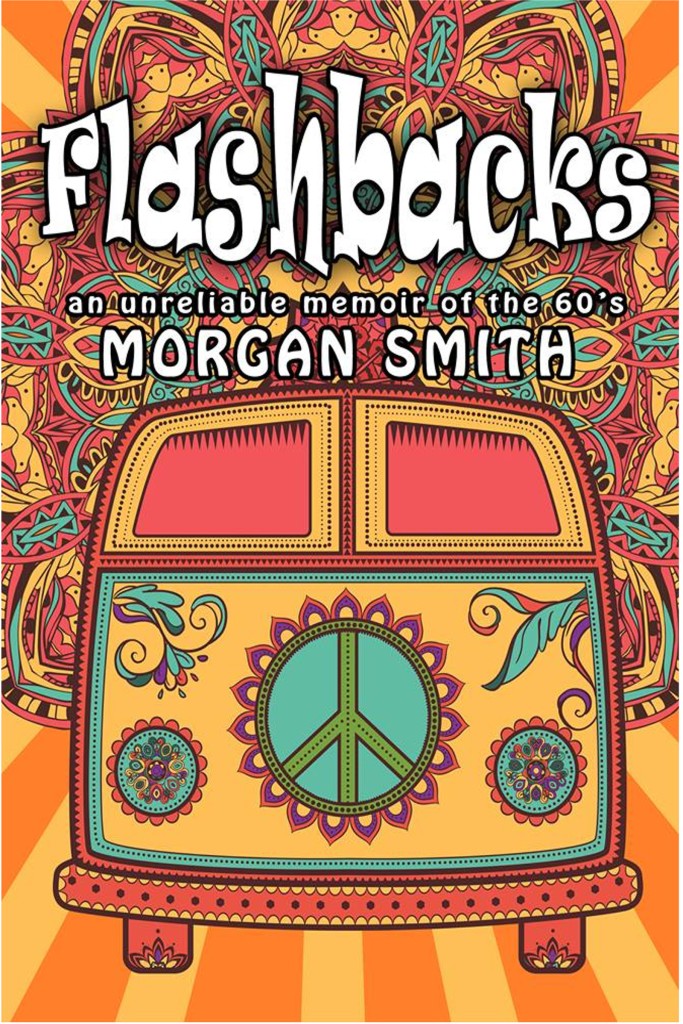There were, I realized just this minute (ok, I’m slow, sometimes) two things that have occurred in recent memory, that point the way to change our world(s).

The first was/is the outrage older generations express to “millenials” (ie: everyone younger than them, including their own children and grandchildren) because they are (apparently willfully) “refusing” to buy the expensive things that people in *my* generation assumed would fund a luxurious retirement and keep the system running long enough to see them into the grave in comfort and style.
Houses, for example. New cars. Oil and Gas. Expensive vacations. Meat.
All the things their retirement investments are bound up in. Governments and businesses? They won’t support wind power and solar arrays, or find plastic replacements like hemp or whatever, until we force them to, and the only way to force them to is to make “business as usual” unprofitable.
And babies. Why won’t younger people keep having lots of babies, to ensure that a) there will be enough workers needing jobs and b) that younger people will be bound, as they were, to their wage-serfdom while those wages stay low, so that investors get an ever-increasing return on their money.
The other thing was the effect of Covid lockdowns.
Remember? How almost overnight some of the most polluted places began to recover? Remember how many jobs suddenly became do-able as work-from-home? And the way so many people found, after the first wave, better jobs, and how businesses are still complaining how “no one wants to work anymore”?
So here’s the thing: we could, by voluntary collective action, make the change.
Ditch your cars, as much as you can. Walk more places, and take more public transit. If your boss complains, explain how you cannot, on the money you make, afford to drive long distances. This is huge. It’s real, too, and why you need unions, but failing that, if more and more people simply refused to be bullied into the return to offices or to be even more bullied into desperately trading their lives to the managerial clock, businesses might need to rethink their models.
Shop less and shop local – small businesses, wherever you can, because they need your money, and Walmart doesn’t.
Buying less can make huge waves in the economy. After Covid, friends of mine began having “pub night” at home: everyone brought their own drinks of choice, the host house made bar snacks like nachos and wings, and either people brought their own guitars etc. and made music, or someone played DJ. Instead of $50-$100 per couple, they spent maybe $20, and had tons of good times…and could walk home, a lot of them.
During Covid lockdowns, people started baking bread, or quilting, or gardening…and a lot of them were finding joy in giving products of their labour to housebound friends. When someone got ill, their friends and neighbours made sure they got groceries, made sure they got company: I remember sitting on a friend’s back deck, while she sat inside, with the requisite six feet of distance, and we gossiped and laughed for a couple of hours, because she is immunocompromised, and we didn’t dare take any chances.
People did drive-by gifting – I got a bag of home-made bath bombs and hot chocolate mixes from a complete stranger who had just moved in down the block about a month before everything went sideways, and it made a bond that endured.
We learned to be neighbours again. We learned how to find joy in very simple things.
The fact is, inflation is driven by our continued compliance: we keep buying the stuff, regardless of price.
The fact is, corporations and governments will continue to ignore climate change until we refuse to use the polluting products they keep selling.
We can change the world, by refusing to do what “they”/”the system” wants and needs us to do.







